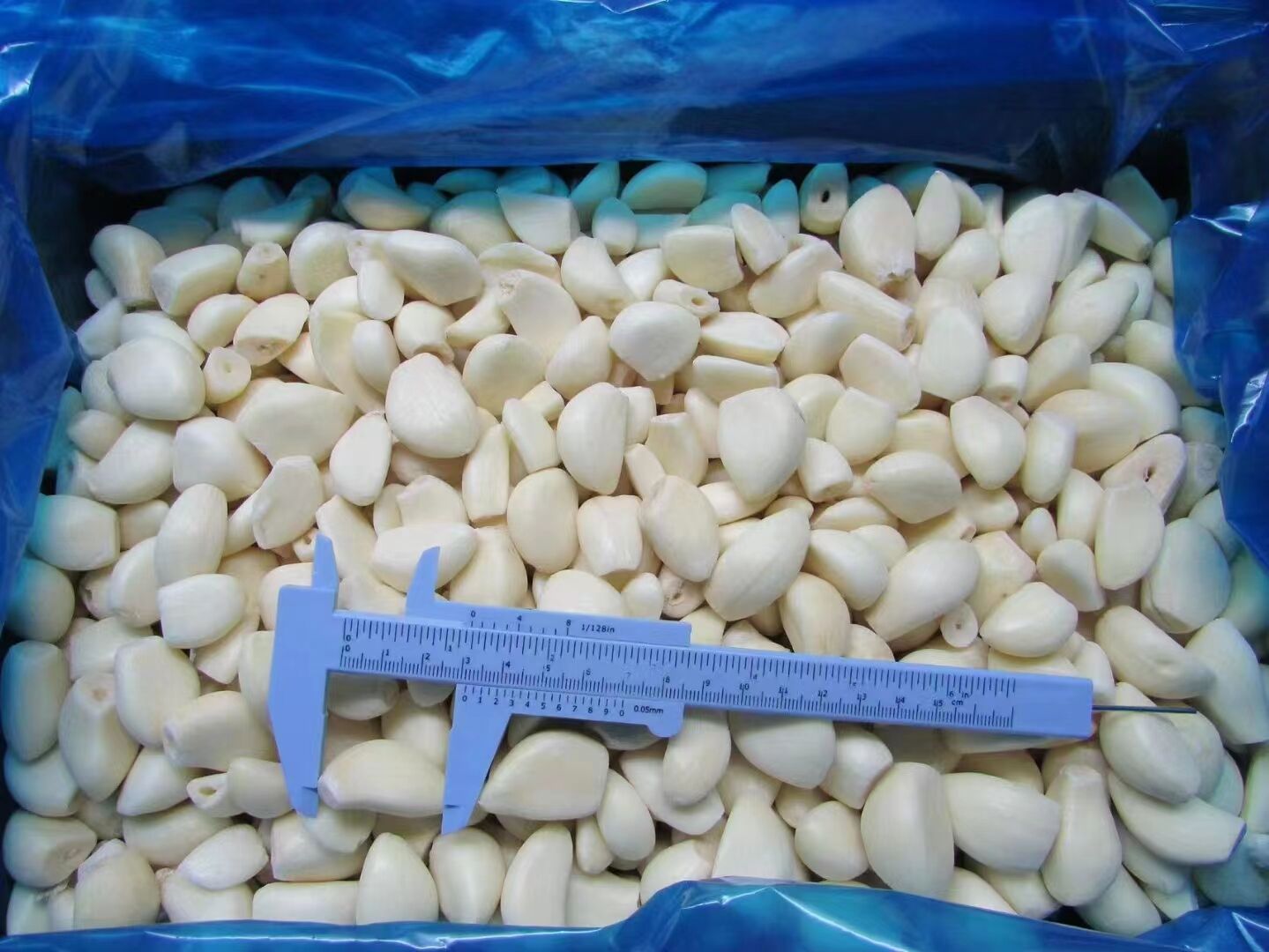The frozen food industry is witnessing an unprecedented boom, with frozen vegetables leading the charge in consumer preference. Market trends reveal a significant shift toward convenient, long-lasting food options that don't compromise on nutritional value. Today's consumers are increasingly recognizing that frozen vegetables offer the perfect balance of convenience, nutrition, and affordability.
As households adapt to busy lifestyles and varying economic conditions, the demand for high-quality frozen vegetables has skyrocketed. From crispy french fries to vibrant broccoli florets and convenient pre-minced garlic, these frozen staples are revolutionizing home cooking while maintaining professional kitchen standards.
Modern flash-freezing techniques have transformed the frozen vegetable industry. Unlike traditional freezing methods, flash-freezing preserves the texture, flavor, and nutritional content of vegetables at their peak ripeness. This process happens within hours of harvest, ensuring that vital nutrients are locked in more effectively than in fresh produce that may spend days in transit and storage.
The implementation of Individual Quick Freezing (IQF) technology has particularly enhanced the quality of frozen vegetables. This method prevents ice crystal formation and maintains the cellular structure of the produce, resulting in superior texture and taste upon thawing.
Today's frozen vegetable production adheres to stringent quality control measures. From field to freezer, each step is carefully monitored to ensure optimal freshness and safety. Regular testing for microbial content, foreign materials, and nutritional composition guarantees that consumers receive only the highest quality products.
Advanced sorting systems and cutting-edge packaging solutions further enhance product quality. These innovations help maintain the integrity of frozen vegetables throughout the supply chain, from production to final delivery.
The economic advantages of choosing frozen vegetables extend beyond their initial purchase price. With minimal waste and longer storage life, these products offer excellent value for money. Consumers can buy in bulk during sales without worrying about spoilage, and the pre-cut, ready-to-use nature of many frozen vegetables saves valuable preparation time.
Studies show that households incorporating frozen vegetables into their meal planning can reduce their grocery bills by up to 25% while maintaining nutritious eating habits. The ability to portion and store unused products eliminates the common problem of fresh produce spoilage.
Frozen vegetables play a crucial role in reducing food waste, a growing environmental and economic concern. By choosing frozen options, consumers can use exactly what they need while keeping the remainder properly stored for future use. This approach not only saves money but also contributes to sustainable food consumption practices.
The extended shelf life of frozen vegetables means fewer shopping trips and better inventory management for both households and food service businesses. This efficiency translates to significant cost savings over time.

Contrary to common misconceptions, frozen vegetables often retain more nutrients than their fresh counterparts. The rapid freezing process preserves vitamins, minerals, and antioxidants at their peak levels. Research indicates that frozen vegetables can maintain their nutritional value for up to twelve months when stored properly.
Essential nutrients like vitamin C, beta-carotene, and folate remain stable in frozen vegetables, often exceeding the levels found in fresh produce that has been transported and stored for extended periods. This nutritional retention makes frozen vegetables an excellent choice for health-conscious consumers.
The convenience of frozen vegetables doesn't come at the expense of culinary creativity. Professional chefs and home cooks alike appreciate the consistent quality and year-round availability of frozen options. From quick stir-fries to elaborate casseroles, frozen vegetables maintain their integrity during various cooking methods.
The pre-cut and pre-portioned nature of frozen vegetables also ensures consistent cooking times and results, making meal preparation more efficient and reliable. This consistency is particularly valuable for food service operations and busy households.
The frozen vegetable industry continues to evolve with consumer preferences. New product developments focus on organic options, unique vegetable blends, and value-added preparations. Manufacturers are investing in sustainable packaging solutions and exploring novel freezing technologies to further enhance product quality.
The introduction of specialty items like riced cauliflower and spiralized vegetables demonstrates the industry's commitment to innovation. These products cater to modern dietary preferences while maintaining the convenience and quality standards consumers expect.
Market analysts predict sustained growth in the frozen vegetable sector, driven by increasing consumer awareness of their benefits and ongoing technological advancements. The global frozen vegetable market is expected to expand significantly over the next decade, with particular growth in premium and organic segments.
This growth is supported by changing consumer lifestyles, rising health consciousness, and the continued emphasis on convenience in food preparation. The industry's focus on sustainability and quality improvement will further drive market expansion.
When stored properly at 0°F (-18°C), frozen vegetables can maintain their quality for 8-12 months. The key is to ensure consistent temperature and proper packaging to prevent freezer burn.
In many cases, frozen vegetables can be more nutritious than fresh ones, as they are frozen at peak ripeness and maintain their nutritional content. Fresh vegetables may lose nutrients during transportation and storage.
For optimal results, cook frozen vegetables directly from their frozen state without thawing. This helps maintain texture and nutritional value. They can be steamed, roasted, sautéed, or added directly to soups and stews.
Most plain frozen vegetables contain no additives or preservatives. The freezing process naturally preserves the food, eliminating the need for additional preservatives. However, it's always good to check the ingredient list for prepared or seasoned varieties.
 Hot News
Hot News2026-02-27
2026-02-23
2026-02-18
2026-02-17
2026-02-17
2026-02-13